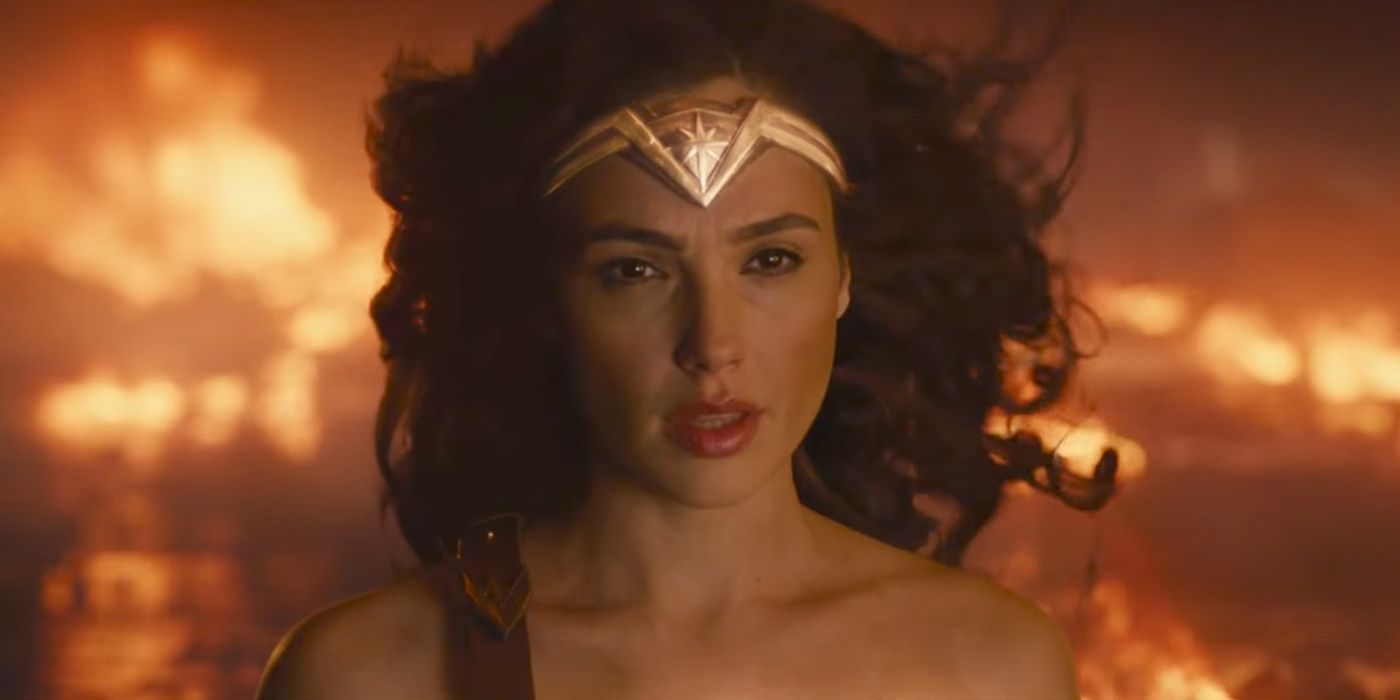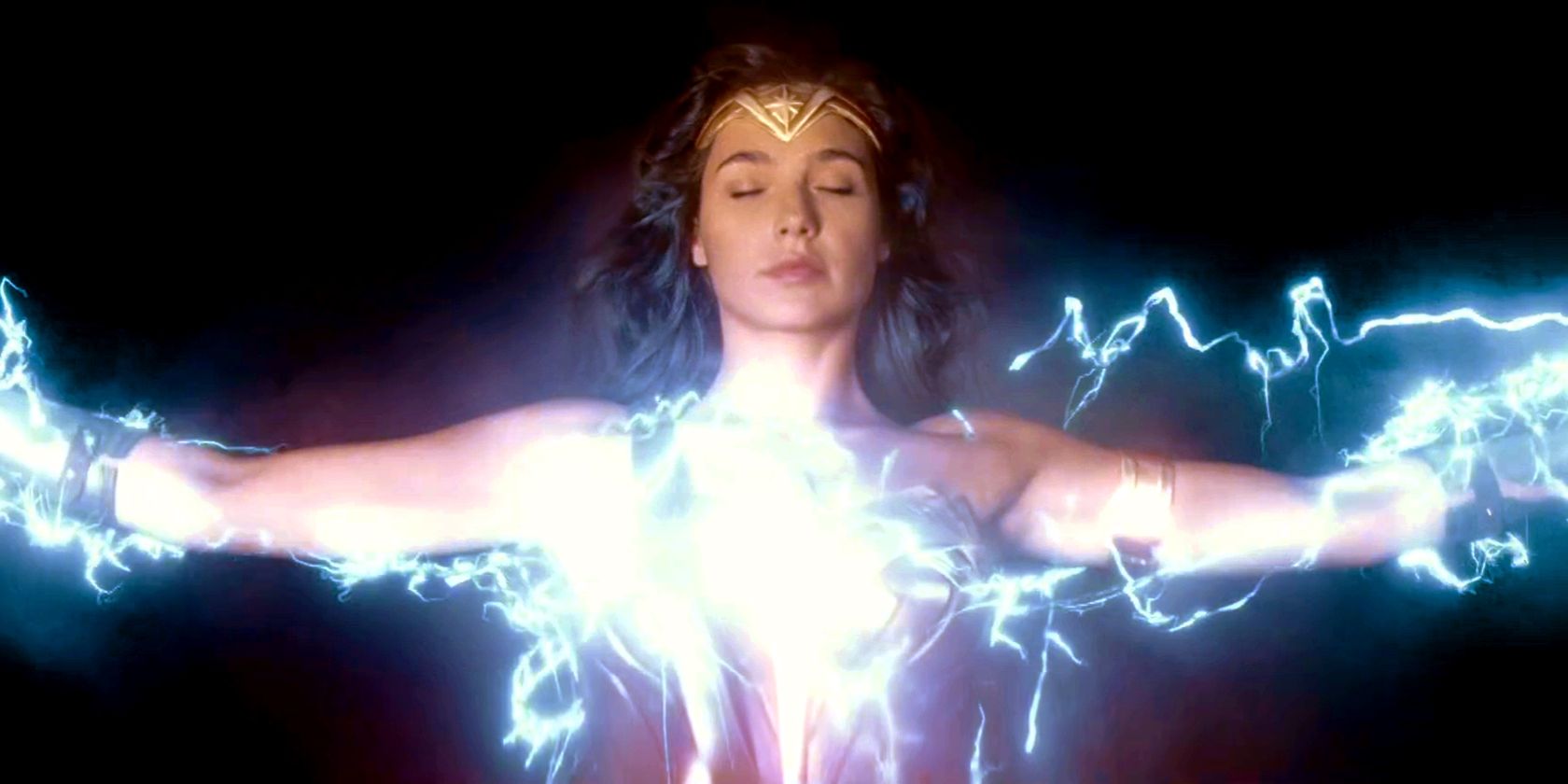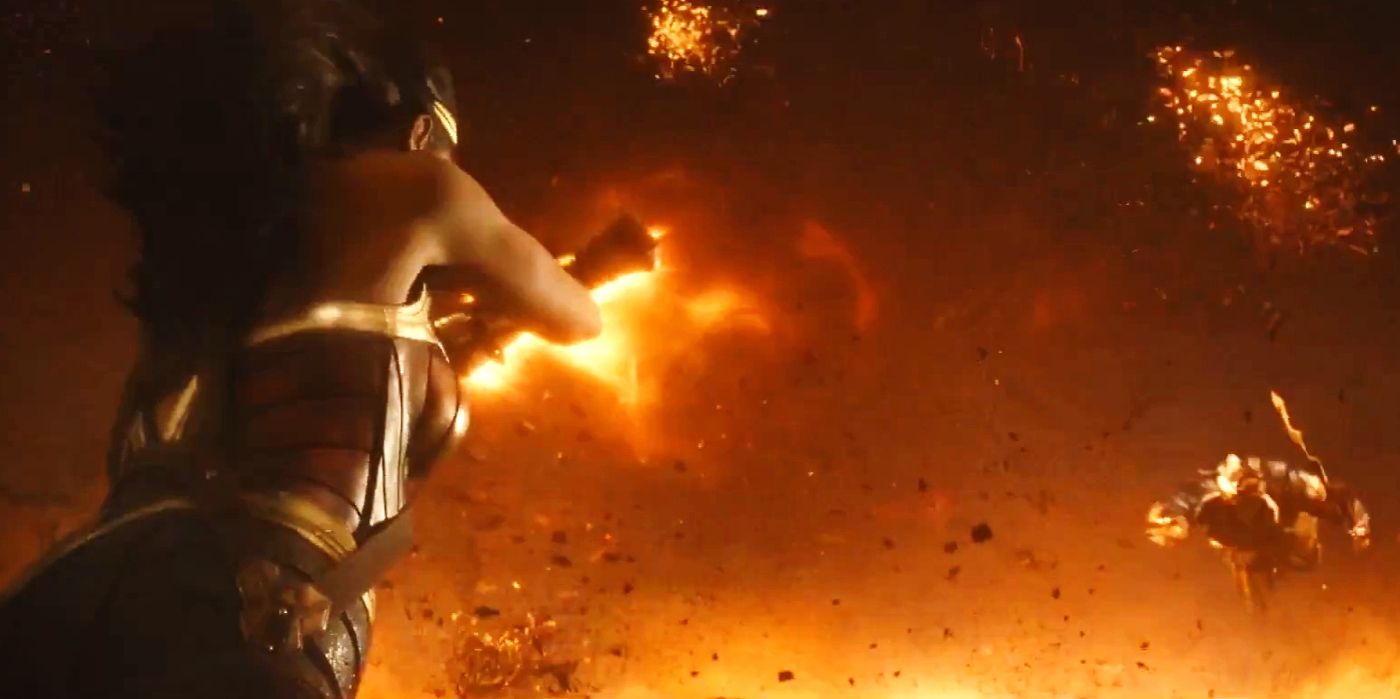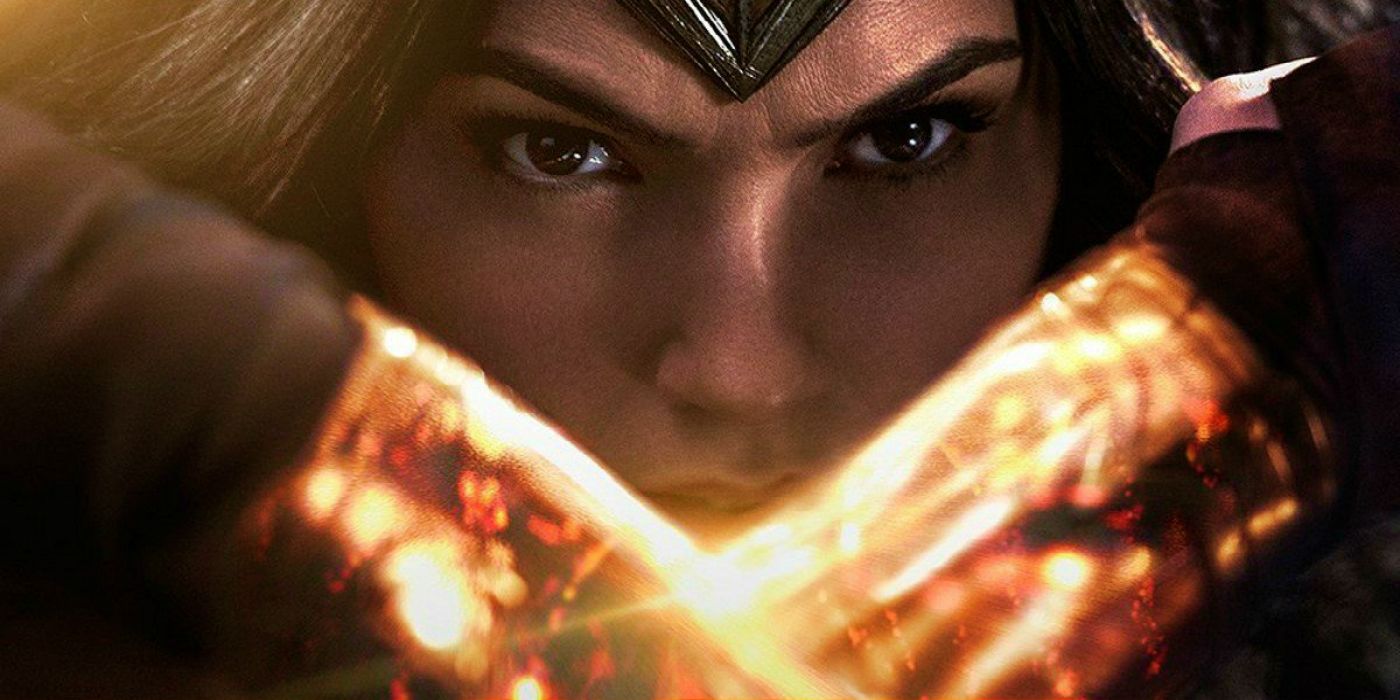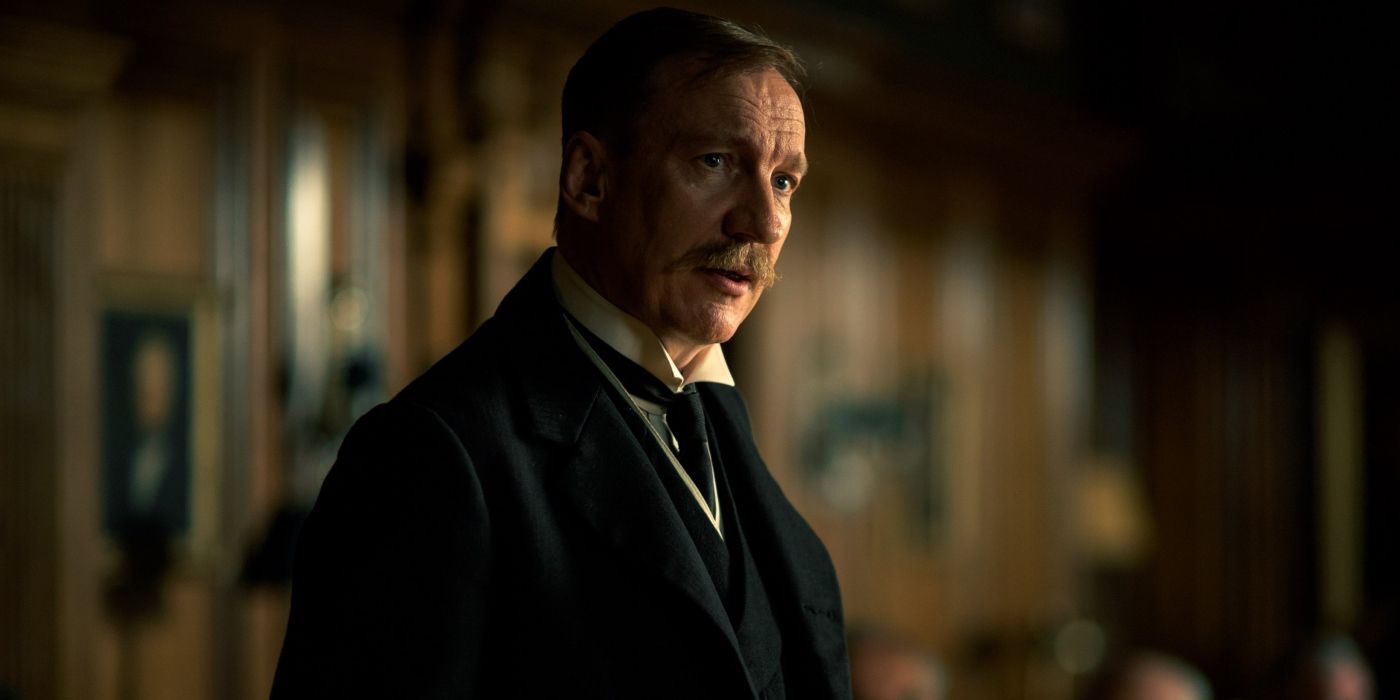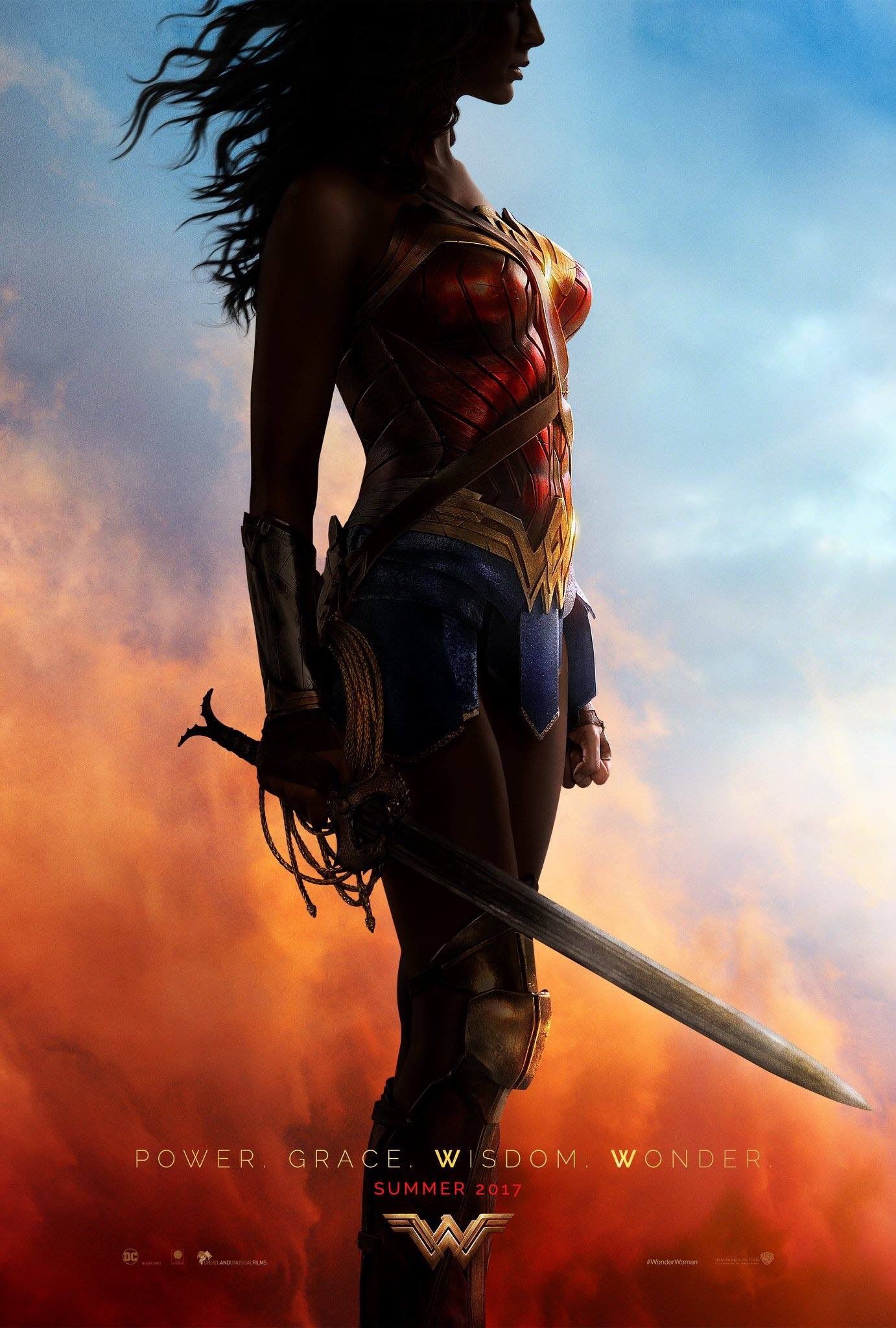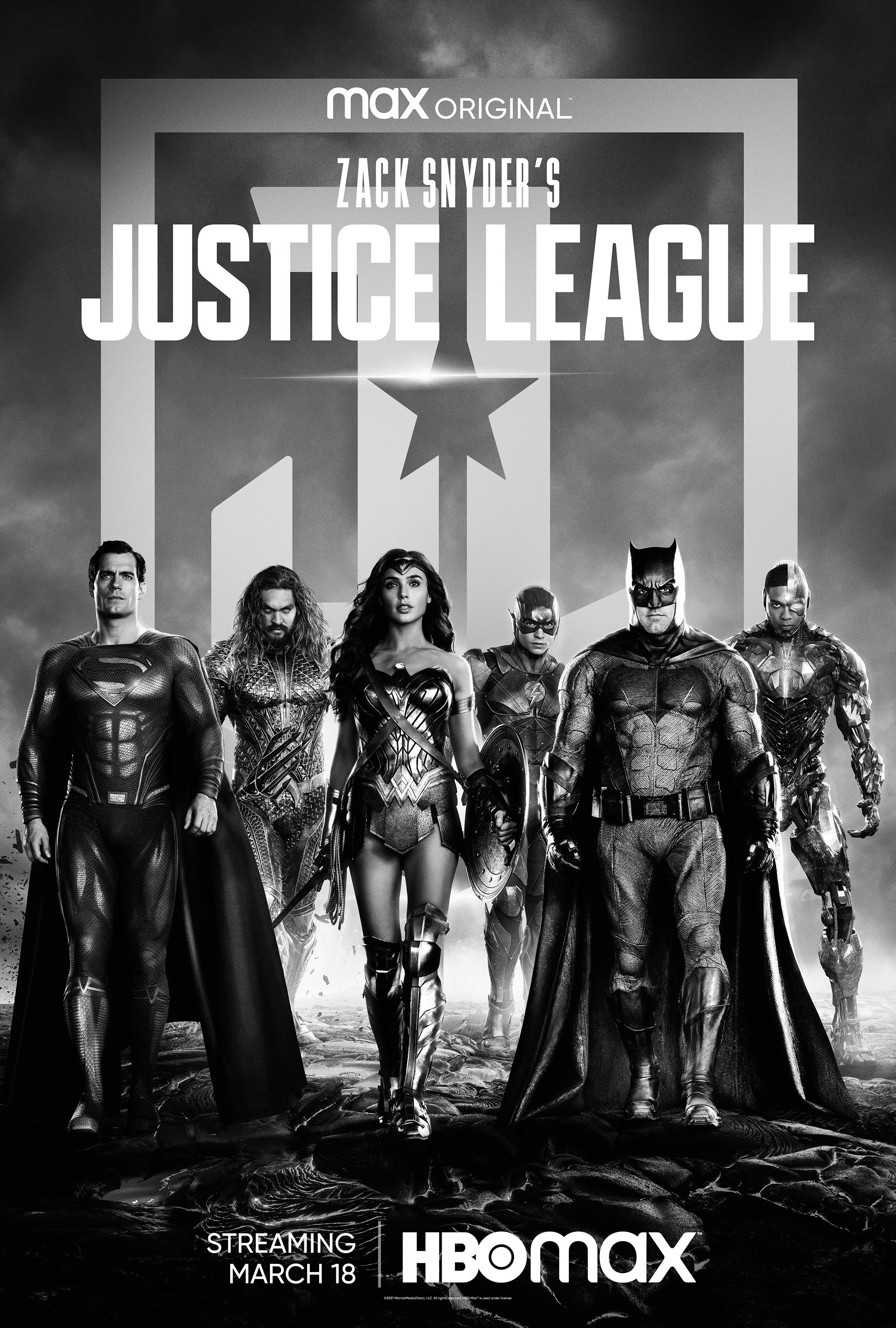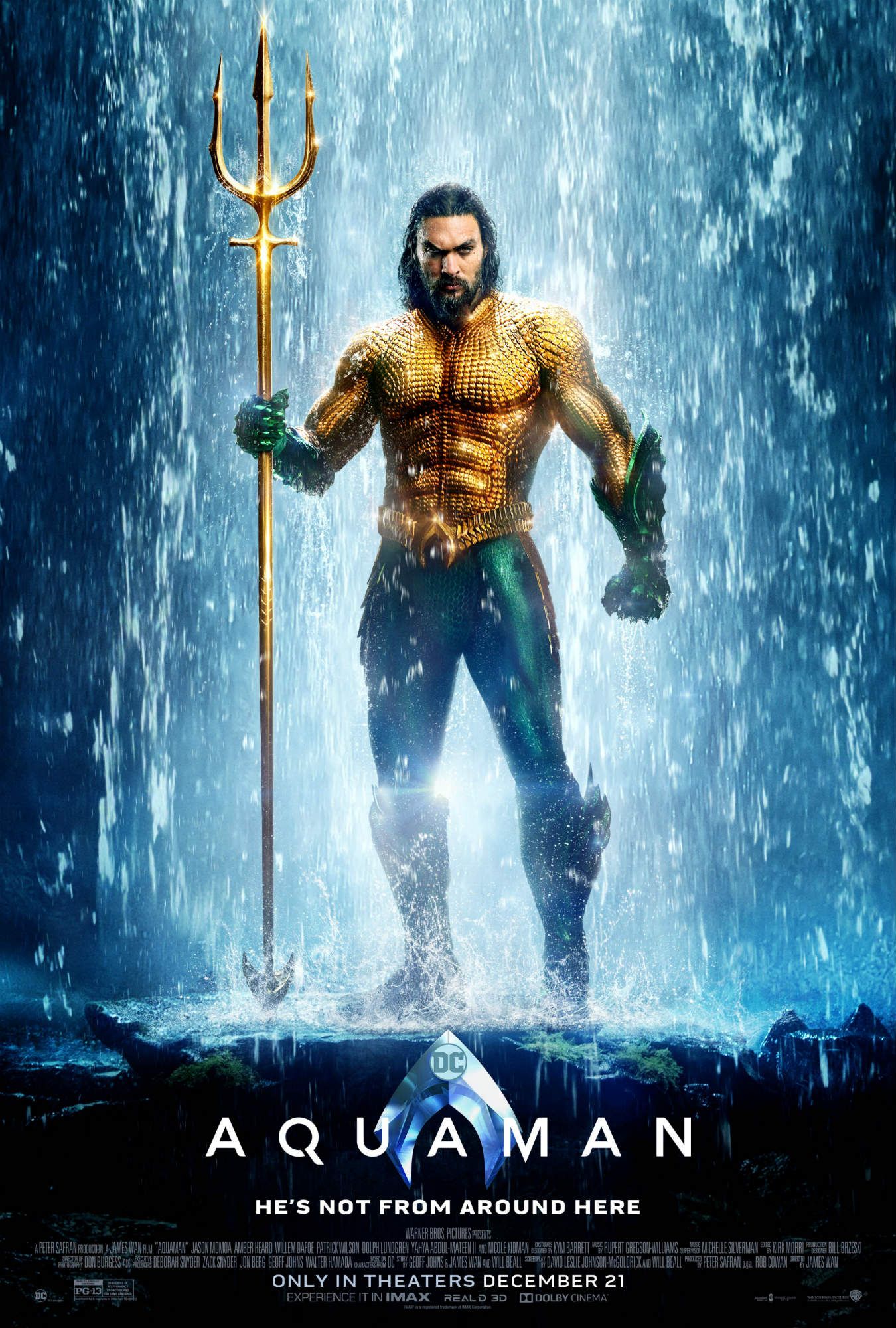Spoilers for Wonder Woman.
-
Few would deny that Wonder Woman is a good film. It's the best entry in the DC Extended Universe by a wide margin, offering up some intense action underscored by impressive central characterisation - Gal Gadot is Wonder Woman and Chris Pine's Steve Trevor gives us the best superhero love interest ever put to screen. In fact, Patty Jenkins' direction is so assured that she manages to make the character's electric theme from Batman v Superman: Dawn of Justice work in a 1917-set adventure.
However, that only gets us two-thirds of the way. Just as undeniable as basic quality is that the ending's a major deflation, letting down Diana Prince and Trevor, and reaffirming several systemic problems with the franchise.
While criticisms with previous DCEU films all arise well before the third act, it was their finales that are hit the hardest; Man of Steel had Superman allow the death of thousands before breaking his morals to save a handful of lives, Batman v Superman repeated that collateral damage complaint while rapidly trying to bring together its multitude of themes, and Suicide Squad fell prey to the most generic and clichéd comic book movie finales (and whole lot worse besides). In that company, Wonder Woman's problems aren't as prolific - it doesn't undo the strength of what came before and the points it's making are at least clear and profound - but it's regardless a shame the climax isn't executed in a very effective way.
What Wonder Woman's Ending Means
Before getting into where Jenkins' film stumbles, we first need to understand what it's trying to do. And, on paper, Wonder Woman definitely had the potential to deliver one of the most thematically rich finales of any superhero movie.
Diana's introduced as a headstrong princess with a desire to fight and strong understanding of right and wrong, two traits fuelled by mentor figure Antiope that eventually motivate her to leave for the world of man and its destructive war with Steve Trevor to find villain Ares, an overarching threat that defines her creation and the film's main narrative. That's pretty standard, but from the very start every scene is primarily focused on establishing one of these areas, meaning when they do culminate it's together as part of a seamless whole. Diana's discovery of mankind and its 1900s-era prejudice only further motivate her to the position of a protector, which is directly challenged by Ares' meditation on humanity's innate flaws.
Best of all, Wonder Woman takes its time to reveal the true moral, with the fact she herself was actually created to be the Godkiller teased in the first act but held back until the end alongside the Ares rug-pull. And, like all good twists, the villain reveal works on the double-whammy logic of first presenting General Ludendorff as the God of War before a totally unexpected swerve - he's really Sir Patrick Morgan. But it's not just an identity twist - the Allied Lord calling for peace actually being a creature powered by destruction sees the binary presumption of World War I as good versus evil rejigged into the part of something bigger; as the audience knows - and Ares believes - that armistice will only lead to more conflict (the even more deadly World War II). The final battle is thus one of whether humanity is doomed to destroy itself or worthy of saving.
Grounding this to Diana's story is Steve Trevor's death. Like Wonder Woman, he's an outsider, leading to the pair forming a quick, believable romantic bond but also giving him the same sense of selflessness; when it comes to stopping Doctor Posion's gas he personally takes the threat out of harm's way, detonating the plane and himself with it. For Diana, this crystalizes Ares' debate, yet while her emotional side views Steve's sacrifice as a symptom of man's inherent ills, his love ultimately shows her their potential nobility. This allows her to wield the power of Zeus to defeat Ares and goes on to define her all the way through to the time of Batman v Superman.
It all sounds pretty great, right? Big, bold, bright and really using the period setting for all it's worth. And there's surely an alt-reality version of the film where the weight we've discussed is fully delivered on. Unfortunately, due to poor editing choices and a general fumbling of emotion, as released it doesn't quite fly.
Next Page: [valnet-url-page page=2 paginated=0 text='Why%20The%20Ending%20Doesn%27t%20Work']
Why The Ending Doesn't Work
The common problem with origin stories is that they'll invest a solid hour primarily establishing the hero at their core, detailing a transformation from normality int an icon, only to realize they need physical conflict and suddenly have to swerve into a narratively-opposed, and thus underdeveloped, villain threat. The best cases have ensured this antagonism is directly linked to the hero's origin, meaning the combat victory is also a moral one - see Batman Begins and Iron Man - but it's so, so much easier to think mere connection works as shorthand - both The Amazing Spider-Man and Man of Steel aped the previous examples' structure, but their father-related villains were never quite integrated into the inciting incident correctly. Wonder Woman had the makings of the former yet never quite delivers.
For the first hour-and-a-half, it's an impeccably well-constructed film, placing action scenes carefully for maximum effect and having the confidence in its actors' chemistry to let extended back-and-forths play out. There's a few narrative coincidences - Steve Trevor crashes on Themyscira just after Diana's had the first run-in with her true power - but like the evolution of the themes it feels very organic. As such, it becomes incredibly jarring when the finale rolls around feeling like it's of a different vision.
Basically, the whole third act boasts the choppy, randomized pacing that blighted many 2016 releases - Alice Through The Looking Glass, Independence Day: Resurgence and, yes, Suicide Squad were all cut up to the point they lacked a cohesive three-act structure, and while Wonder Woman has a cohesive structure overall, it begins throwing random things at you to get to a conclusion; Diana suddenly decides Luddendorff is Ares (more on all that in a bit), so she sneaks into his coincidentally nearby party, then she races back to the gassed village where she gets angry at Steve, then she's suddenly back onside before we're at the also nearby airfield they hadn't noticed before and so on. The breakneck pacing may help to hide the convenience of it all, but on further review, it's not quite justified.
With this in mind, it's very strange that Patty Jenkins has said there are no deleted scenes. What feels more likely is that no specific sequences were fully removed, but several parts were still heavily trimmed to get the film in under two-and-a-half hours. This is best seen in the basic editing continuity; there's a few moments early on that are off (Diana and Steve jump to the other side of their boat mid-conversation) and in the finale it's overly common. One particularly incongruous cut indicates Diana jumped on top of the command tower to retrieve her sword while Ares just stood there.
Once the fighting begins it's particularly hard to keep up - on top of the vague character motivations and editing, the airfield is so sparse and lacking in landmarks that the action's blocking comes across as ungrounded, a real shame given how well choreographed most of the other sequences were (especially the No Man's Land highlight). It doesn't help that we're dealing with CGI doubles, which throughout are a rung below believability (likely a sign of the fact the film is half the budget of the other films in the series).
Overall, it lends itself to same criticisms of aimless bombast we've come to expect from the previous films. Jenkins does bring a real color to proceedings with thick orange flames and cool blue lightning that conveys the timeless epicness of the showdown, but it's still just a beat-em-up between some beings of immense, undefined power. After what had been a rather mature, character-driven movie, we're treated to a silly superhero boss battle, and nowhere is that conflict better seen than with the villain.
What the God of War represents is great and when you have a beat entirely focused on the characters wrestling with the fact that mankind is inherently self-destructive the film fully delivers. Better, on rewatch Sir Patrick's true Machiavellian scheming with armistice and Trevor's mission is revealed; he loses his way in the London debate because he's shocked not by the presence of a woman but the Godkiller. However, when it passes from themes to the narrative he really stumbles.
Next Page: [valnet-url-page page=3 paginated=0 text='The%20Villain%20Problem']
The Villain Problem
As already stated, the way in which Diana reaches the "Ares as Ludendorff" conclusion is sudden, only really bought by the audience because we've already seen him inhale copious amounts of Doctor Poison's special gas (and that's an issue by itself - his glowing strength is undefined, wholly unprecedented and serves no direct purpose other than to mislead). It's only excusable as it is a fake-out - Diana's final kill speech as she murders who is really just a misguided man and subsequent debate with Steve over death stopping war is tragically brilliant - but then the Sir Patrick reveal is equally sudden (he literally turns up in a different country after being off-screen for half-an-hour) and the motivation is drawn out over the scattered action we already discussed.
It's pretty much an embodiment of the same underdeveloped villain problem Marvel so often find itself lumbered with. For all that leaning on World War I allows Wonder Woman to conjure up a strong backdrop to its antagonist, what makes Ares truly tick - why he doesn't see himself as a bad guy - is never made clear. Thewlis also doesn't quite fit the part of a God, always playing him as a British aristocrat and never convincing as the battle-ready Ares when he's peering out from behind the helmet. And when you don't completely buy the threat, you don't buy what the director's trying to say with it either.
Unsurprisingly, the one thread within the final sequence that doesn't feel overly truncated and fully lands is the main beat away from Ares: Steve Trevor's noble sacrifice. It's all centered on a heart-wrenching long take on Chris Pine's face as he contemplates giving his life for the greater good that reminds us of the film's previous immense understanding of character and tone. Initial rumors that Pine signed on because he'd also play his own grandson or was a stealth Green Lantern seems frankly ridiculous in the face of such a well-written, nuanced role. And the way Diana subsequently regards him, seeking his photograph out in the Trafalgar Square celebrations and thanking Bruce for returning him to her via the photo, hits just as hard. In all the finale grumbles, this is one thing that wholeheartedly works.
Although even with this there is still an issue. After the plane explodes, Diana goes on a rampage against the Germans for leading to his death and is given Doctor Poison to kill, implied by Ares to be the point of no return in her becoming his disciple. She then almost crushes Maru with a tank before remembering Steve's farewell she couldn't initially hear due to shellshock. It's treated like she's overcoming the ultimate "gotcha" moment, but like Man of Steel's Zod neck-snap is too convenient and sudden to truly buy; the Diana we know would never get herself in that hairline situation. It's resolved in-character, yet sullies the emotional climax of her origin story.
-
To repeat the opening if this article, Wonder Woman is a good film - Lynda Carter is mostly justified in calling it "wonderful" - and even in the finale there's plenty of moments where it continues to excel, especially thematically. Unfortunately, some rather strange filmmaking decisions mean it can't quite deliver on the exploration of World War I or fully round-off its hero's journey. The DCEU's finally got an undisputed, beloved entry - next time they just need to make sure the ending hits as hard as everything leading to it.

